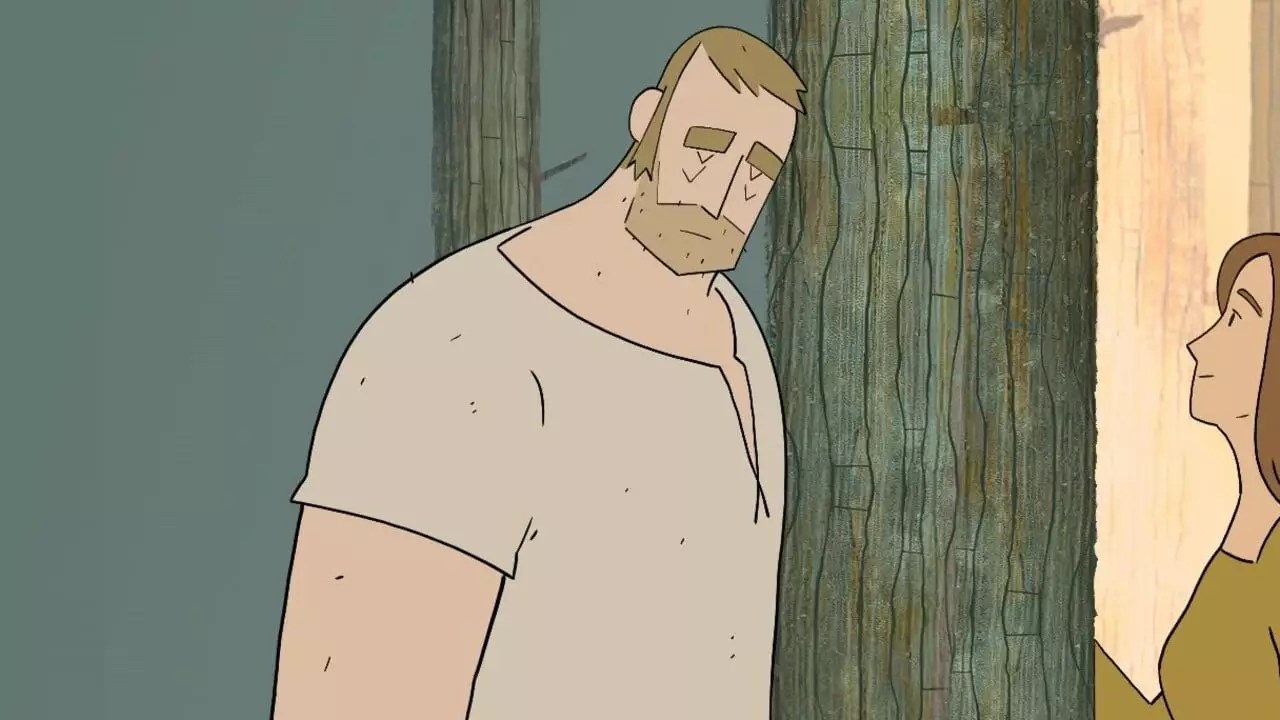The term ‘game’ can conjure a myriad of meanings and interpretations, often viewed as synonymous with fun and entertainment. Yet, the genre of video games is a sprawling landscape, capable of delivering profound emotional experiences that transcend traditional definitions. One such game is *Pine*, a unique exploration of loss and solitude that challenges players to engage with themes of grief and the human condition. In its essence, *Pine* operates as a poignant narrative vehicle rather than a conventional game, beckoning players to linger in the delicate spaces between action and reflection.
*Pine* thrusts players into the life of an unnamed protagonist, who finds himself isolated in a serene forest setting. The narrative ignites the moment players realize that his existence revolves around the monotony of daily survival—chopping wood, cultivating a small garden, and reflecting on the lost love represented by his wooden carvings. This repetition mirrors the cyclical nature of grief, as the protagonist navigates the excruciating reality of loss. Each task is infused with somber purpose, revealing a character caught in a world that feels both alive and desolate.
What *Pine* elegantly captures is the heaviness of solitude—an experience that resonates deeply with those who have faced personal loss. The aesthetic quality of the game enhances this emotional undercurrent. The lush visuals and atmospheric sounds evoke a sense of melancholy, illustrating the stark beauty of the landscape that serves as both sanctuary and prison for the protagonist.
Engagement in *Pine* is often facilitated through touchscreen controls designed to mimic the protagonist’s actions. Players swipe to chop wood and tap to tend to the vegetable garden. However, this design choice can lead to a paradox; while the tactile mechanics are intended to immerse players in the experience, they run the risk of making gameplay feel shallow. Those opting for a more traditional controller may find the interactions reduced to mere button presses that lack the emotional weight the game strives to convey.
Indeed, some may find these mechanics serve more to interrupt than seamlessly weave into the narrative. The puzzles interspersed throughout the gameplay, while meant to deepen engagement, can jarring—serving to disrupt the flow instead of enhancing the poignant storyline. This highlights a tension between gameplay and narrative that some might find challenging.
One of the most compelling aspects of *Pine* is its hauntingly beautiful soundtrack, which complements the visual storytelling and emphasizes the protagonist’s emotional landscape. The music swells and recedes, mirroring the natural cycles of life and death, reinforcing the themes of persistence through strife and the aching reminder of what has been lost. Through these sonorous elements, the game urges players to consider the depths of sadness and solitude, inviting introspection amid the stillness of the gameplay.
This ambient quality creates a profound sense of connection with the protagonist’s predicament. Every musical cue reinforces that painful dance with grief while simultaneously reminding us that the journey—albeit slow—is one that many endure.
Ultimately, *Pine* offers an experience that demands patience and contemplation. It is not merely a form of entertainment but rather a catalyst for introspection and a deep exploration of the human condition. The game’s exploration of loss invites personal reflection and fosters a dialogue about grieving and moving forward.
Despite its short runtime, the experience may linger long after the screen fades to black. This evocative narrative poses questions that resonate beyond the gameplay: How do you navigate through grief? What does it truly mean to persist amid sorrow? For those willing to engage with these themes, *Pine* can be a touching mediation on loss and the fragility of existence. However, for others, it might simply end up feeling like a sad echo of a gardening simulator, lacking the thrill that other experiences in gaming provide. This duality is the mark of its complexity—a game that exists on its own terms, ultimately challenging what we define as ‘just a game.’


Leave a Reply